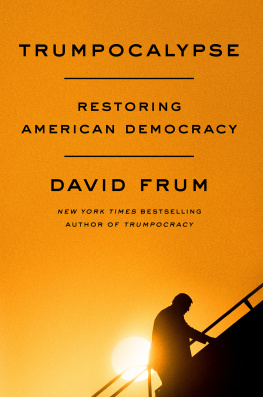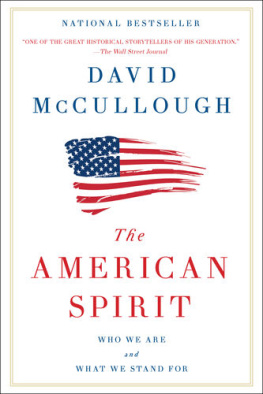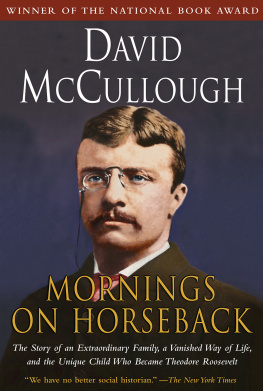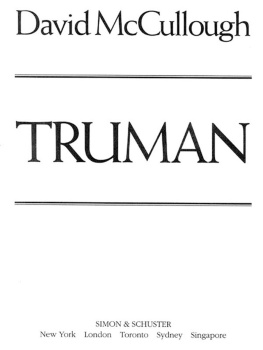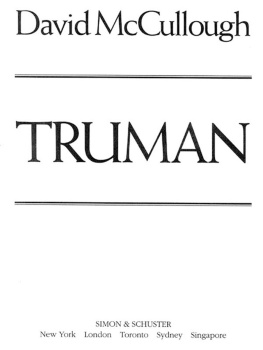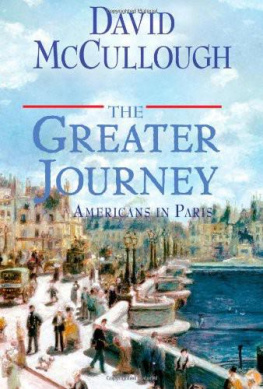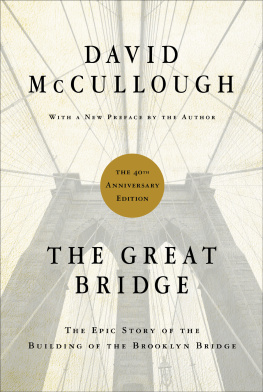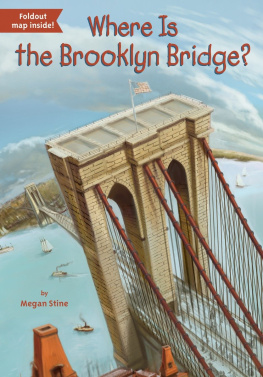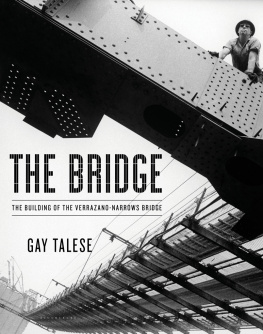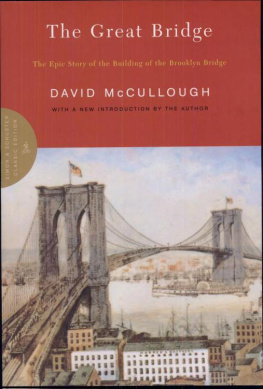I write in mid-March 2020 under virtual house arrest. A deadly pandemic sweeps the nation and the planet. A fierce global recession is gathering.
President Donald J. Trump did not start the pandemic, of course. But at every step of the way, Trump has acted as if guided by one rule: How can I make this trauma worse?
Trump ignored warnings about pandemics ahead from the very first day he entered office. He dismantled the White House pandemic unit. Later, he refused to use off-the-shelf testing technology that could have saved many lives. Through January, February, and into March 2020, he denied the crisis, lest rising numbers of victims lower the stock market and his poll numbers. His personal unconcern spread the infection to guests at Mar-a-Lago, to thousands of American air travelers forced to wait hours to clear customs among visibly ill fellow passengers.
When the crisis could be denied no further, his first thought was to game the stock market a little longer. His second thought was to bail out casinos and hotelsincluding his own.
Since his bankruptcies at the end of the 1980s, Trump has contrived schemes and scams to keep his creditors at bay for the next twenty-four hours. That is how he has managed the coronavirus crisis. Each day he devised some new fantasy in the hope of lulling his supporters and boosting financial indexes. Through ten squandered weeks, Trumps digital friends on television, radio, and social media parroted back to him the lies he tweeted at them. There was never any plan. There was only a frantic surge of empty words to continue the flimflam one day longer. He and his propagandists fogged the air with excuses: the virus was a hoax by Democrats and the media, a sinister plot to capsize the economy and deny the magnificent accomplishments of the Trump presidency.
I dont take responsibility at all. Those words of Donald Trump at a March 13, 2020, press conference are likely to be historys epitaph on his presidency.
At each of the nations many trials, the person who had sought the presidency also acquired responsibility for decisions and their consequences. As prepresidential Donald Trump himself tweeted on November 8, 2013: leadership means, whatever happens, youre responsible. If it doesnt happen, youre responsible. Trump dictated those words. He never lived by them. Having preened for three years about the growing economy he inherited, he felt grievously wronged to be held to account for the calamities that struck in his fourth year. The rooster who took credit for the sunrise was outraged to be blamed for the sunset.
As the sick roll lengthened, as the economy collapsed, Trump moaned in ever louder self-pity. It was all so unfair to him! The moaning was echoed and amplified by Trumps allies in media.
The attempt to deflect and blame the media and Democrats from Trish Regan, Sean Hannity, Laura Ingraham, Lou Dobbs, Jesse Watters, and Greg Gutfeld instead of addressing the coronavirus is really irresponsible and hazardous to our viewers, an unnamed producer at Fox News told CNNs Brian Stelter. The producer could have added Jeanine Pirro, the Fox & Friends crew, and so many others, hosts and guests, as well as the radio personality Rush Limbaugh, who argued on air that health professionals were exaggerating the risks of coronavirus in order to stop Trumps primary-season rallies. These pro-Trump talkers were serving Trump as he demanded to be served, and as they had so devotedly served him before. Trump insisted there was nothing to worry about, the virus was only the common flu, that the number of cases would soon drop to zero, that he had imposed airtight containment, that there was nothing to worry about. His allies seconded his message. His supporters believed it.
Trump responds to challenge by directing rage at some designated enemy. Hence his attempt to rebrand coronavirus as the Chinese virus, so that there would be some target of hatred more satisfying than a microorganism. Tens of millions of Americans responded instinctually to Trumps incitement against the media, against the cities, against China. Even if plague and recession topple Trump from the presidency, that core Trump base will remain, alienated and resentful. An Arkansas pastor told the Washington Post in the first week of March that half his congregants would lick the floor to prove the virus harmless.
If they would risk their lives for Trump, they will certainly risk the stability of American democracy. They brought the Trumpocalypse upon the country, and a post-Trumpocalypse country will have to find a way either to reconcile them to democracyor to protect democracy from them.
Trumpism was among other things an affinity fraud: a scam that exploits the trust of people who feel something in common with the fraudster. Until mid-March, millions of American conservatives, millions of evangelical churchgoers, millions of trusting Fox viewers, were deceived that they would betray their ideals and their president if they took precautions to protect themselves and their loved ones. An NBC/Wall Street Journal poll of March 1113 found that Democrats were twice as likely as Republicans to cancel gatherings and postpone travel; three times as likely as Republicans to avoid bars and restaurants.
Yet even as the Trump base harmed itself, the rest of American society demonstrated its enduring resilience. While the president blathered lethal fantasies, the free American media shared lifesaving information. While the Trump-led federal government dithered incompetently, state governments and civil society filled the void. Lady Gaga dispensed better health advice to her social media followers than the president of the United States did to his.
You will know, reader, the success of this social response. I can only hope for the best and prepare for the worst.
The body of this book was written in a time of prosperity. You will notice premonitions of trouble ahead, especially the impending consequences of Trumps trade wars. But I did not foresee trouble arriving so soon, on such a grim scale. That trouble will wreck the Trump presidency and very likely inflict damage on Trumps political party. The United States will shortly be swinging on a social and political pendulum far, far away from Trump and Trumpism.
That swing, the book did foresee. In its second half, I speculate about a new era of reform following the Trump era. But there is an important difference between the reforms I urge in Trumpocalypse and the reforms promised by the politicians most likely to head the US government after the election of 2020.
The incoming politicians promised reforms are progressive, with a lowercase p. Those incoming politicians vow to redistribute income, expand the social insurance system, loosen immigration enforcement, direct more public funds to colleges and universities, and raise taxes on wealthier people and businesses.
The reforms I address in this book, however, are mostly Progressive with a capital P. My proposed reforms would enhance the efficiency of government, improve the integrity of elections, and strengthen the national state. They are, to a great extent, reforms of the process of government, whose benefits will accrue over years and decadesnot immediate responses to the crisis of the moment.
In politics, the urgent will usually overwhelm the important. That is natural, inevitable, even to some extent desirable. But the reason that the United States was so vulnerable to a demagogue like Trump was precisely because a long backlog of the important has again and again been overwhelmed by the urgent.

